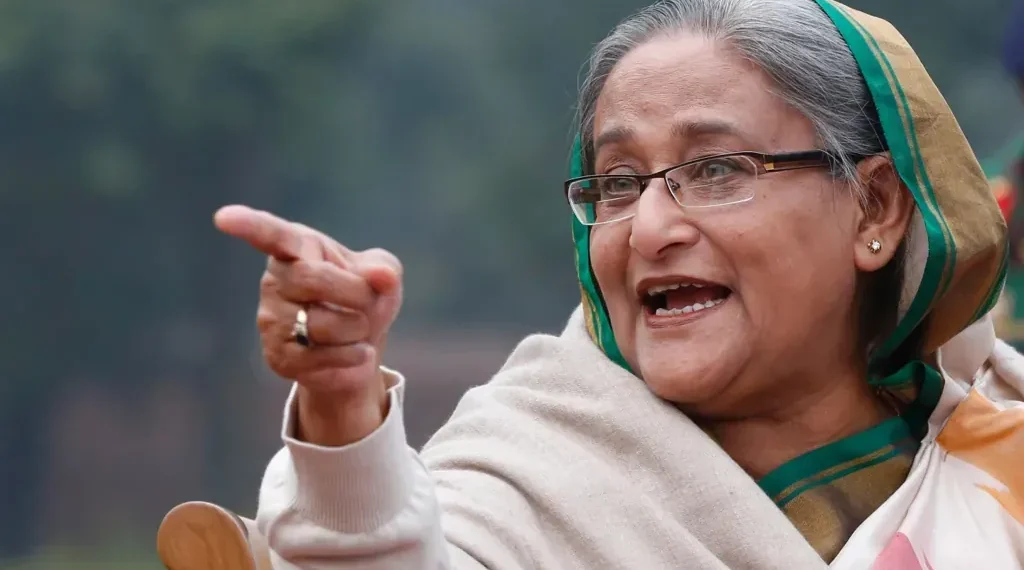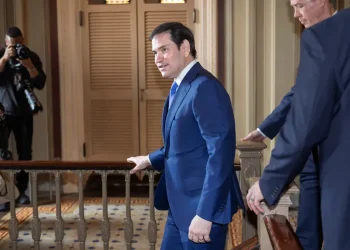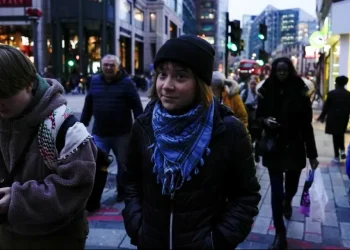Bangladesh Faces Electoral and Political Uncertainty After Sheikh Hasina’s Death Sentence
Bangladesh’s former Prime Minister Sheikh Hasina has been sentenced to death on charges of crimes against humanity, deepening political polarization ahead of nationwide elections. Interim leaders led by Nobel laureate Muhammad Yunus face the dual challenge of maintaining stability and ensuring credible voting. Analysts warn of potential unrest and the long-term implications for the Awami League party.
Historical Context and Verdict
Sheikh Hasina, who led Bangladesh for 15 years until her ouster in August last year amid violent protests, has been residing in India since leaving office. The death sentence, delivered Monday, was issued in absentia. Hasina dismissed the verdict as “biased and politically motivated,” underscoring the deep divisions within the country’s political landscape.
The charges stem from crimes committed during uprisings that forced her from power, a period marked by widespread violence and casualties. Human rights groups, including Human Rights Watch and Amnesty International, have questioned the fairness of the trial, while the U.N. High Commissioner for Human Rights recognized the verdict as a key moment for victims but maintained opposition to the death penalty.
A Tense Election Looms
Bangladesh’s interim government, led by Nobel Peace Prize laureate Muhammad Yunus, is preparing for elections in February. The administration has barred Hasina and her Awami League party from participating, raising concerns about political inclusivity and potential unrest.
Michael Kugelman, senior fellow at the Asia Pacific Foundation of Canada, said, “The interim government has fully suppressed the Awami League … So the level of polarization is at a fever pitch.” Analysts warn that without proper security and police morale, the elections could face violence from disgruntled party members.
Hasina’s son has publicly warned that the Awami League may attempt to disrupt the election if political restrictions remain, highlighting the high stakes for Bangladesh’s return to democratic governance.
Hasina’s Long-Term Strategy
Despite calls from Bangladesh for her extradition, India is unlikely to hand over Hasina. Analysts suggest she will continue managing party affairs from abroad, keeping political ambitions alive.
“Hasina will likely bide her time, continue to manage her party’s affairs from India and play a long game with the hope of a return to politics if circumstances change in the coming years,” said Kugelman. Sabir Mustafa, former head of BBC’s Bengali Service, added that while the Awami League may be demoralized without Hasina, the party must reform to ensure future political relevance.
Mustafa criticized the trial’s fairness, describing it as “seriously flawed,” and emphasized that absent party reforms and new leadership, the Awami League’s prospects for resurgence remain limited.
Pressure on the Interim Government
The Yunus-led administration faces international scrutiny to demonstrate the credibility of Bangladesh’s judicial and electoral processes. Human rights organizations have urged transparency and fairness, while international observers note that the upcoming election could define the country’s democratic trajectory.
Kugelelman emphasized that ensuring a safe and peaceful electoral environment is Yunus’ primary challenge. This election is widely regarded as the first in nearly two decades with expectations of being free and fair, following the controversial 2024 vote, which was boycotted by opposition parties and marred by protests and allegations of irregularities.
Balancing Domestic and International Expectations
Mustafa warned that Yunus’ administration has already faced criticism for violations during its interim governance, including custodial deaths, arrests without charge, and restrictions targeting Hasina supporters. Nonetheless, he expects international support for Yunus to continue, provided the upcoming elections are conducted credibly.
“The challenge before him between now and February is to ensure that things run smoothly and the elections do happen in a peaceful and credible manner,” Mustafa said. Analysts stress that electoral fairness requires preventing undue influence from both the Bangladesh Nationalist Party, led by former Prime Minister Khaleda Zia, and the Islamist Jamaat-e-Islami party.
Success in holding inclusive elections could enhance Yunus’ legacy as a Nobel Peace Prize laureate, signaling Bangladesh’s potential return to stable democratic governance after years of partisan dominance and political turmoil.
This article was rewritten by JournosNews.com based on verified reporting from trusted sources. The content has been independently reviewed, fact-checked, and edited for accuracy, neutrality, tone, and global readability in accordance with Google News and AdSense standards.
All opinions, quotes, or statements from contributors, experts, or sourced organizations do not necessarily reflect the views of JournosNews.com. JournosNews.com maintains full editorial independence from any external funders, sponsors, or organizations.
Stay informed with JournosNews.com — your trusted source for verified global reporting and in-depth analysis. Follow us on Google News, BlueSky, and X for real-time updates.














